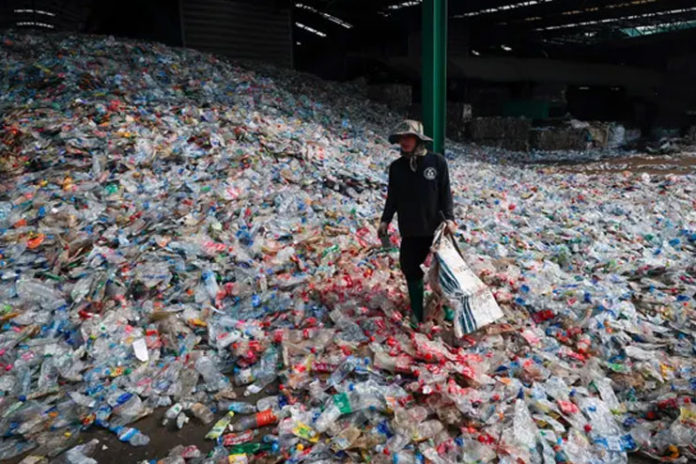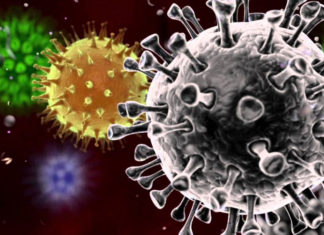Every year around 300 million tonnes of plastic is made and half of it is not recycled. An evidence to plastic not being used correctly was observed at a recycling plant in Thailand.
Considering this scenario and even thinking of being environment-friendly, a biochemical company from Netherlands is planning to work on a project that would involve manufacturing plastic from plant sugars instead of fossil fuels.
The well-known beverage makers Carlsberg and Coca-Cola to approve the idea of “all-plant” bottles to use crops for making plastic. Soon you can expect to enjoy your beer and soft drinks from “all-plant” bottles.
Another chemical company named Avantium, has already received the support of beer-maker Carlsberg, that intends to sell pilsner in bottles with carboard from the outside and a thin layer of plastic from the inside.
Tom van Aken, Avantium’s chief executive hopes to begin with this bioplastics plant in Netherlands by the end of this year. The status of this project is well tracked amidst the disturbance due to the pandemic.
Later, this summer, this company is set to talk about its partnerships with other food and drink companies.
Even companies like Coca-Cola and Danone, are supporting this idea of having plant-based bottles to reduce environmental damage.
Every year, tonnes of plastic is made from fossil fuels. This has been affecting the climate and world’s oceans. Besides, these plastics take hundreds of years to completely decompose.
The new plastic is sustainable and it can be recycled quick. However, it is prone to be degraded faster than normal plastic.
Experiments have shown that by using a composter, plant plastics can be decomposed in one year if it is left outdoors. Besides, it can be recycled too.
Avantium’s plant plastic is strong and flexible resilient enough to hold carbonate drinks.
How they would go about manufacturing plastic through plant sugars is by breaking down sustainable plant sugars into chemical structures and this will be rearranged to get a new plant-based plastic. Having said, it has been estimated that supermarkets would have this in their shelves by 2023.
As per the plan, the project will take sugars from corn, wheat or beets and is set to make 5,000 tonnes of plastic every year. Apart from this, Avantium is looking forward to producing more of this plastic as its demand is increasing.
With this increased demand for plant plastics, Avantium ensures not to let the global food supply chain be impacted. Thus, it plans on using plant sugars from sustainable sourced biowastes.













































